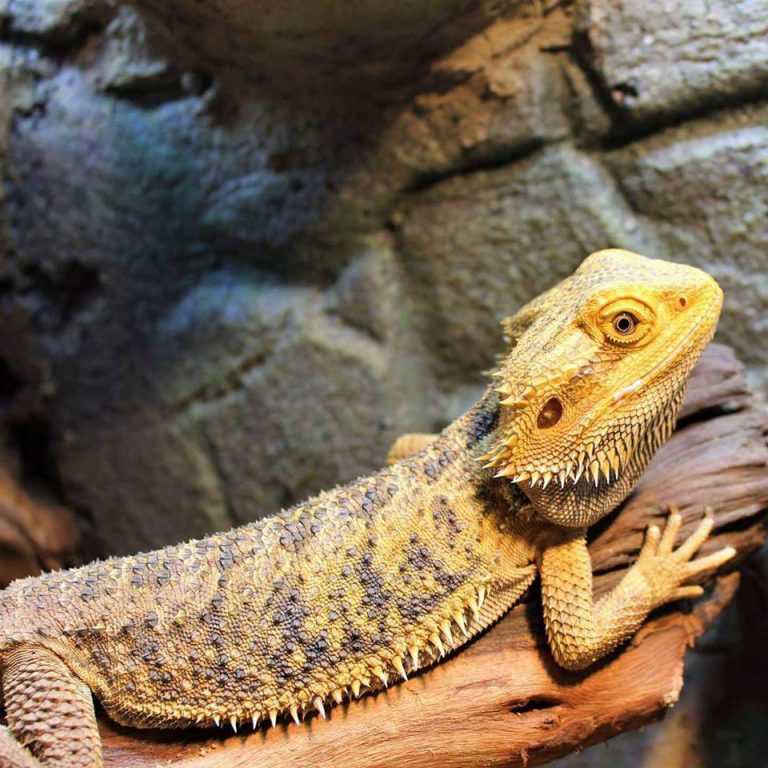Bearded Dragon Broken Arm
Care Sheet For A Bearded Dragon
Bearded Dragons love crickets and mealworms. A mature bearded dragon should consume 20 to 25 insects per day, depending upon their age. As the chitin contained in mealworms can inhibit their growth, they are not recommended for young beardeds dragons. Superworms make a better choice.

Flashlight Test Bearded Dragon
If handled incorrectly, the skin of a bearded Dragon is rough. This reptile will become more docile once it is accustomed to being handled. Handling the beardie with light gloves or long sleeves will prevent any minor cuts and scrapes. Keep in mind, however, that all reptiles are susceptible to Salmonella bacteria and can get severe illness if they are not treated.
Bearded Dragon Broken ArmPrintable Bearded Dragon Care Sheet
What Does Bearded Dragons Consume? Bearded Dragons consume vegetables as their main food source. Vegetables provide a lot of nutrients, including calcium. But there are some things you shouldn't give to your bearded. Oxalates found in spinach may cause calcium binding. Oranges are also high in citric acids, which can cause stomach upsets. Carrots are safe for your beardie. However, be aware of the green carrot tops. Zucchini is also safe but it is less nutritious than spinach.
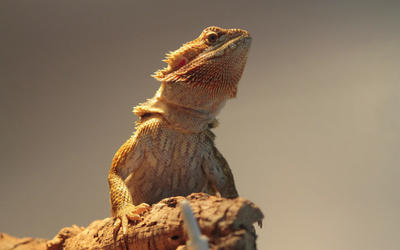
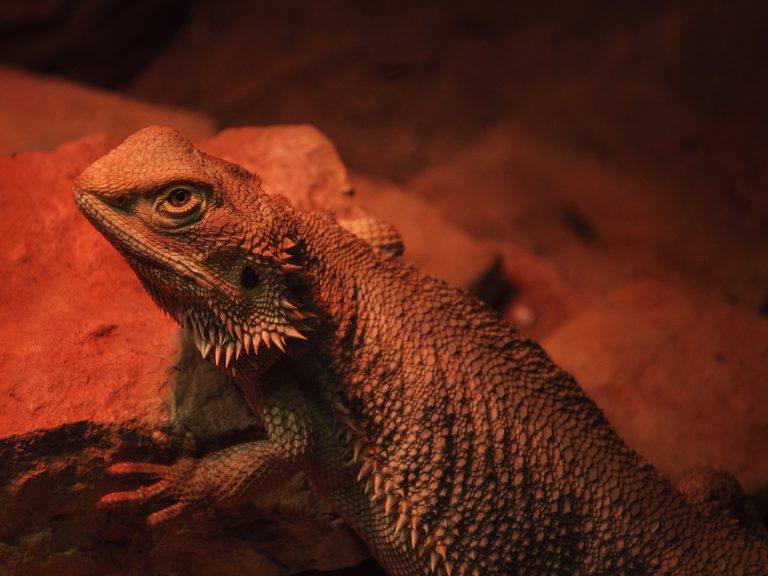
Melamine Bearded Dragon Enclosure
They are likely to shed their skin in the spring and summer when they are eating regularly. Any abnormal shedding may occur near the digits and tip of their tail. When this happens, they may need to be bathed to avoid any infection.
How Often Can Bearded Dragons Eat Bell Peppers
Bearded Dragons will happily eat vegetables in addition to insects. They mostly eat insects in the wild. They also enjoy foraging for leafy greens. These plants are good for their diet and provide a source protein.
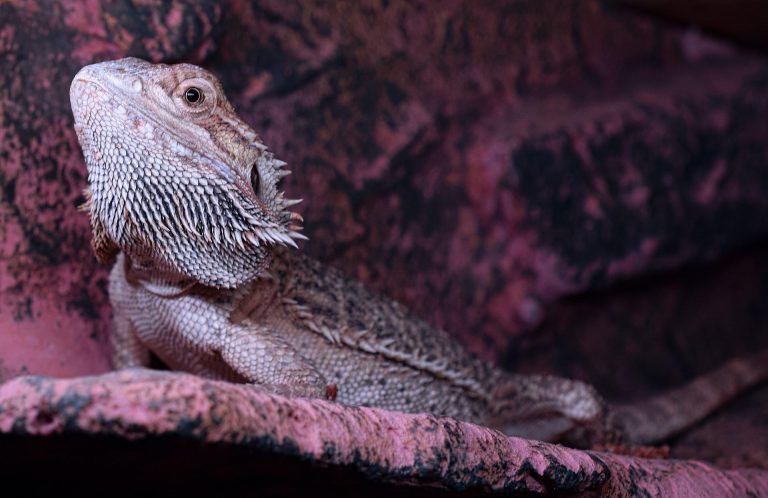
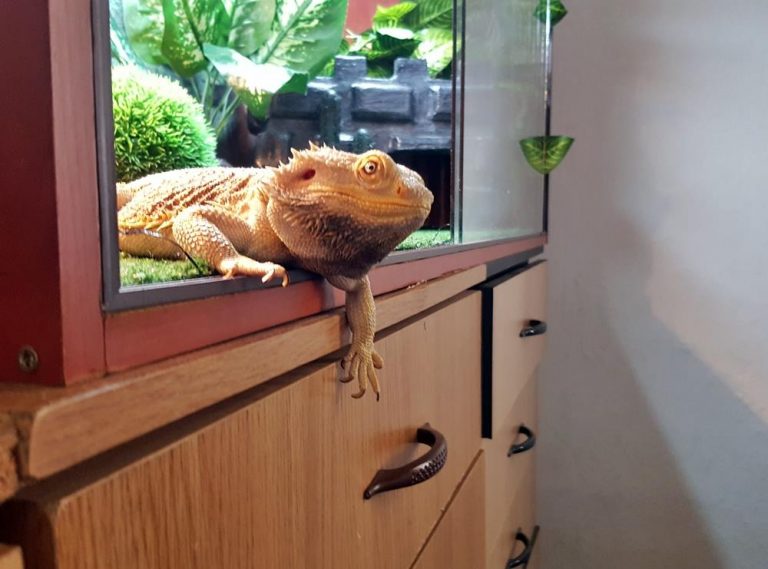
Black Bearded Dragon Morph
It is important to distinguish between two similar behaviors: head bobbing and head shaking. If he is bobbing his head once or twice per second, with large up and down movements of the neck, this is a normal behavioral trait implicated in asserting dominance and in mating.However, if your dragon is truly shaking his head in tiny movements many times a second, this could be cause of concern. Most likely, he is calcium-deficient and the most common reason for this is an inadequate exposure to UVB light.
8722663037
Bearded dragons eat a diet of live insects and vegetables. They need a wide variety of safe plants and vegetables, as well as the correct supplements. You can find out more about your beardy's feeding, supplements and water needs in our bearded dragon care sheet.
